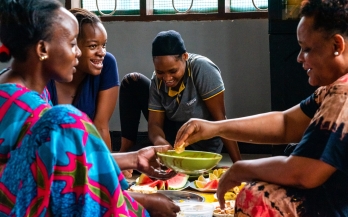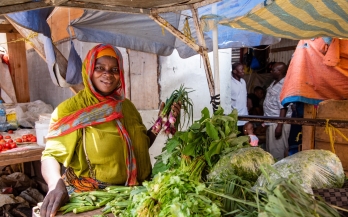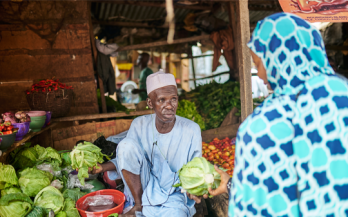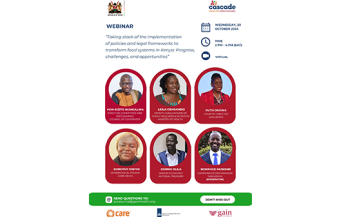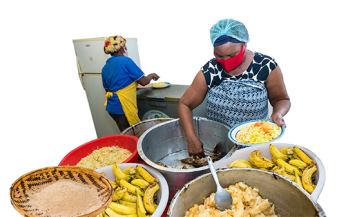Kenya is grappling with a triple burden of malnutrition where undernutrition, micronutrient deficiencies, and overnutrition and associated diet-related non-communicable diseases coexist. An estimated 23 million Kenyans are undernourished. The Kenya Demographic Health Survey (2022) revealed that 18% of children under age 5 are stunted, 5% are wasted, and 10% are underweight. The survey found rates of obesity that were equally alarming—17% of women and 4% of men. These figures are far above global health targets, indicating that we still have a long way to go.
DELIVER Nigeria is a transformative three-year project (July 2024 - June 2027) designed to enhance the livelihoods of smallholder vegetable farmers in Kaduna and Kano states. This initiative, led by the Global Alliance for Improved Nutrition (GAIN) in partnership with East-West Seed Knowledge Transfer Foundation (EWS-KT) and Wageningen University and Research (WUR), addresses key challenges such as low yields, limited market access, high postharvest losses, and inadequate finance.
A diverse diet is important for health and well-being, contributing to lower malnutrition, including micronutrient deficiency diseases (hidden hunger), as well as underweight, overweight, and associated ill health like low immune system function and non-communicable diseases. It is highlighted under Rwanda’s draft Strategic Plan for Agricultural Transformation (PSTA-5) (2024 to 2030).
ToeffectivelytransformMozambique’snationalfoodsystemsinalignmentwiththeUnited Nations Food Systems Summit pathways, it is crucial to have access to current data and analytics. Mozambique’s Food Systems Dashboard, hosted by SETSAN1 (the National Secretariat for Food and Nutrition Security under the Ministry of Agriculture), plays a pivotal role in this transformation.



